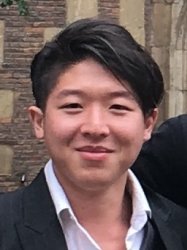4Cs Science Communication Writing Competition – Joint 3rd Place
by Eva Kane, PhD Student in the Institute of Clinical Sciences
It is 23rd January 1922. Toronto is cold, and so are you. You stop at a tavern, hoping to warm your numbed hands. You take a seat next to two men, introduce yourself and settle down to thaw.
One identifies himself as Dr Charles Best. “And my mentor, Dr Frederick Banting”.
“You catch us on quite an evening. We’ve just changed the course of history! Have you heard of the fatal disease, diabetes?”
You have but are not well-versed.
“Within the pancreas are clumps of cells that, under a microscope, look different. These are the islets of Langerhans,” says Dr Banting. “These islets secrete something important. Our diabetic patients have no islets, and therefore no such secretion. Consequently, they are unable to use the sugar from their diet. Their blood and urine are full of sugar that cannot be taken up by their organs for energy.”
“What is this secretion?” you ask.
“Well,” he grins. “We thought we would call it insulin.”
It transpires that earlier that day, Banting and Best had finally isolated and purified this secretion, insulin. They injected it into a 14-year-old boy at the behest of his father, as he was in a diabetic coma and seemed not long for this world.
“He woke up!” cries Best, “He’s cured!”
“Well”, says Banting, looking into his glass. “This is not quite curative. I anticipate he will require injections, every day, for the remainder of his life – no small undertaking.”
“Preferable to a death sentence, but a life sentence” you comment, as Best lifts from his seat in indignation.
“A daily injection versus a slow and certain death is surely a fair price to pay!”
Banting waves him away. “Let us cast our minds forward! Given the destruction of islets in these patients, I wonder whether replacement of the tissue may be the best avenue. Skin grafts have been reported successful. Perhaps one day we will be able to transplant the islets of Langerhans from one patient to the other.”
Best is subdued.
“Have you read Wilson’s thoughts on the stem cell?1”, Banting asks you.
You have not.
“See, each cell has a speciality…an identity, I suppose. A muscle cell does not look or behave the same as the cells of the blood or brain. However, when you are conceived, and are merely a few cells in your mother’s womb, there is no such specialisation. Those few cells become every cell in the body. That, the cell with the capacity to beget all others, is a stem cell. Had we the technology to harness it, I wonder whether we couldn’t make new islets for our patients!”
“Now,” exclaims Best. “That would be the ticket!”
***
It is 2006, and you are very old. Long retired from an illustrious career in science inspired by a conversation on a cold night in a warm tavern, you still peruse the scientific literature. A title catches your eye: “Production of pancreatic hormone-expressing endocrine cells from human embryonic stem cells”2.
You smile.
References
1. Wilson, E.B. (1896) The Cell in Development and Inheritance. Macmillan: New York
2. D’Amour et al. (2006) Production of pancreatic hormone-expressing endocrine cells from human embryonic stem cells. Nature Biotechnology 24:11(1392-1401)
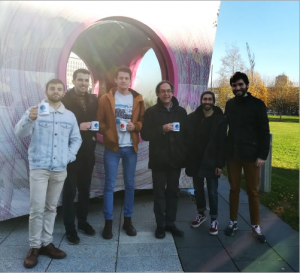
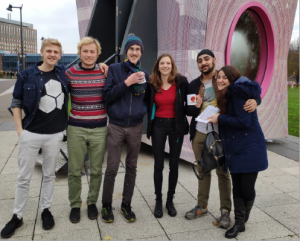


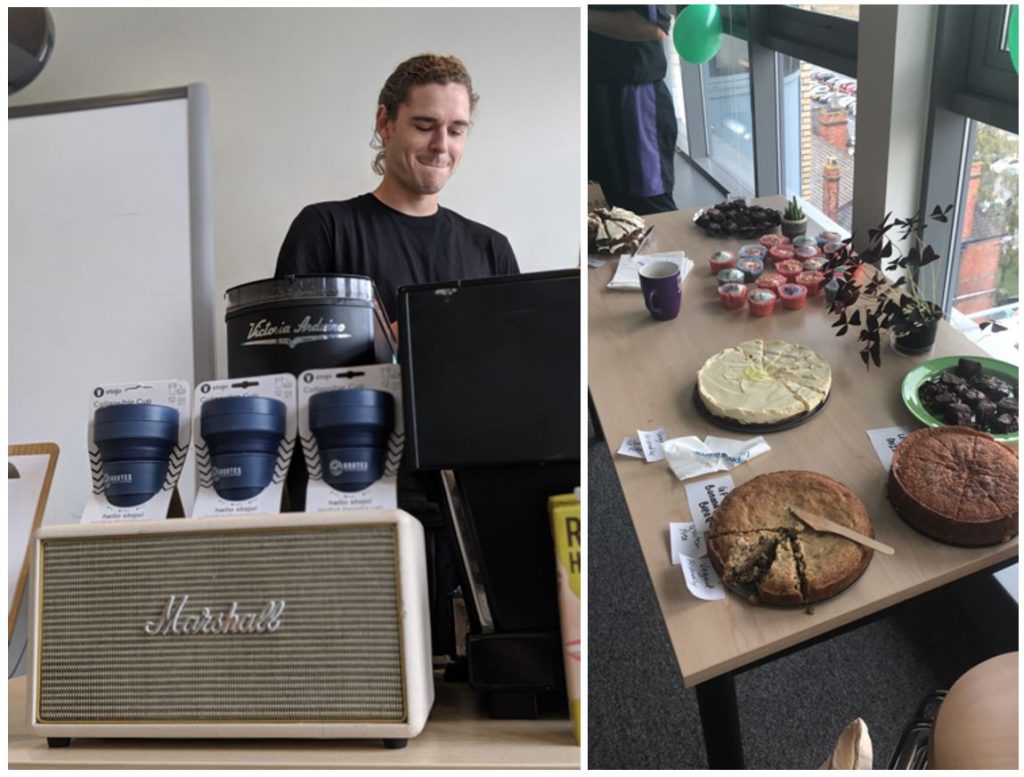

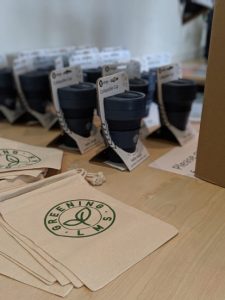
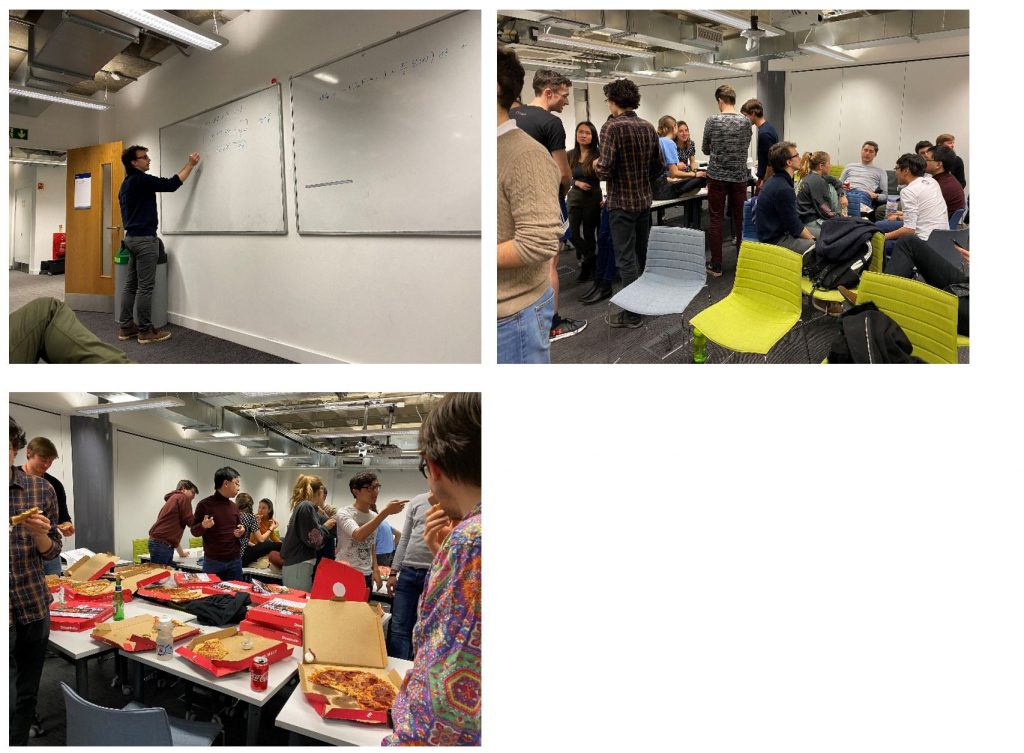
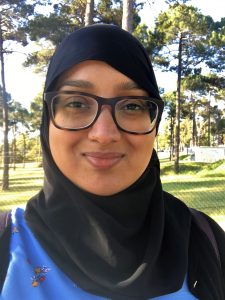 Name: Humera Ansari
Name: Humera Ansari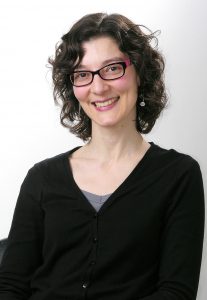 Name: Ester Anaya-Boig
Name: Ester Anaya-Boig Name: Katia Hougaard
Name: Katia Hougaard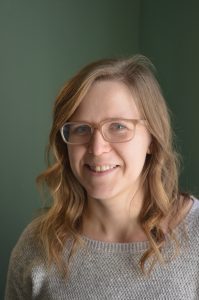 Name: Marie Rider
Name: Marie Rider